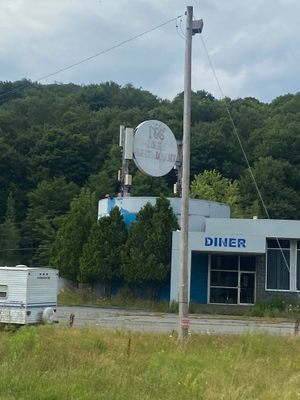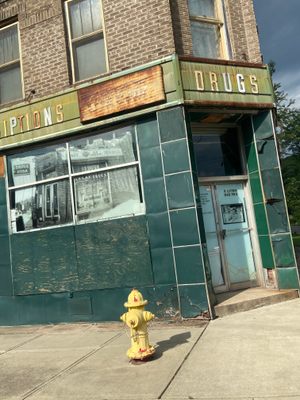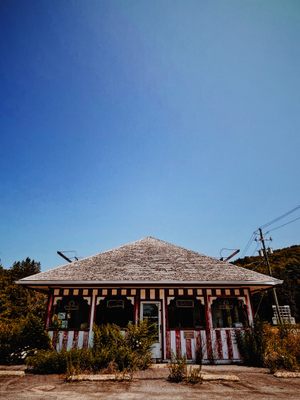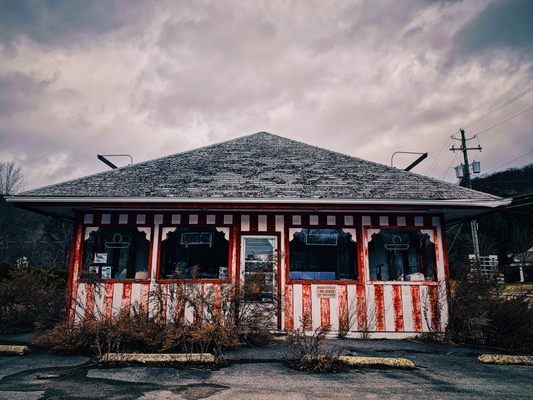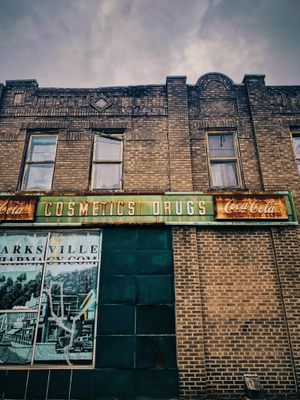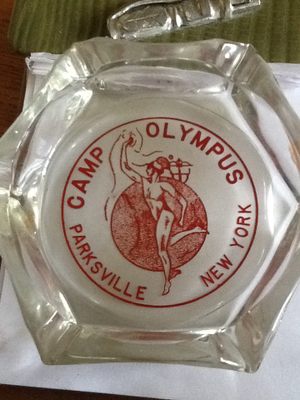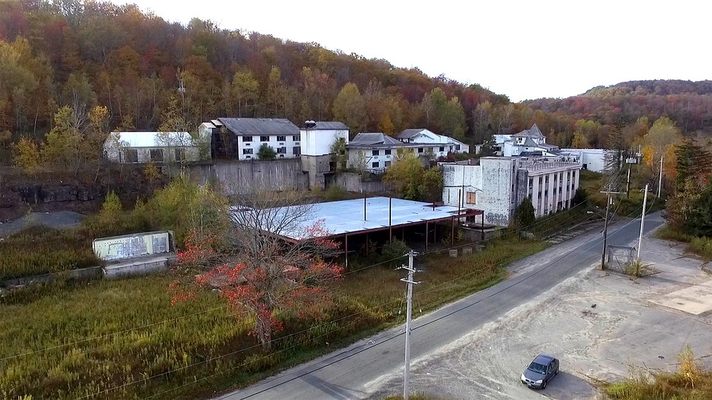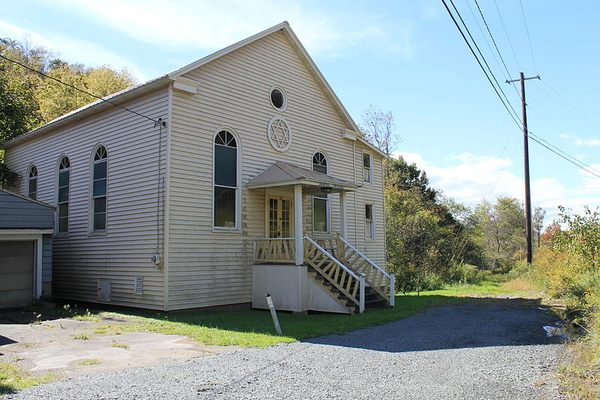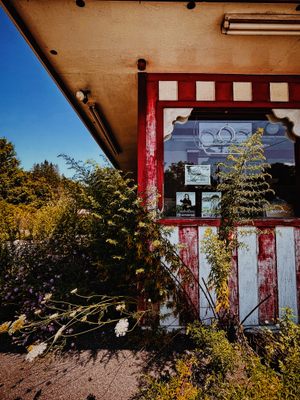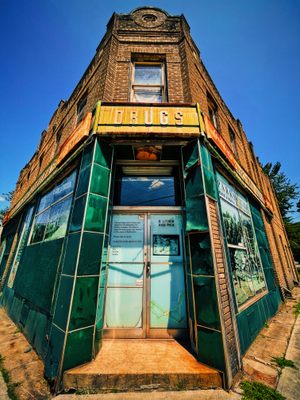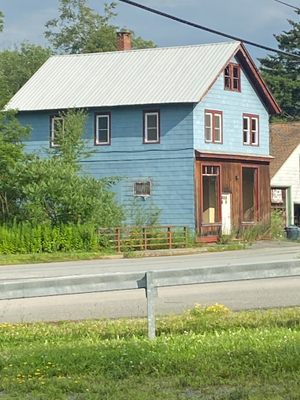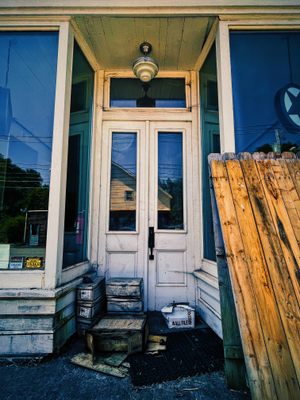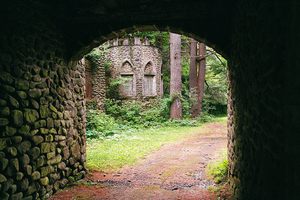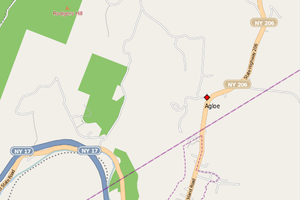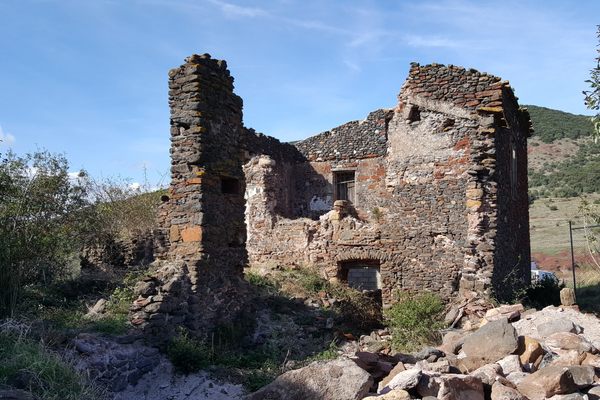About
Located in the town of Liberty, New York, Parksville garnered substantial attention at the turn of the 20th century with the establishment of The Ontario & Western Railway (O&W). The O&W provided easy and direct transportation to the picturesque Catskill region, where the industry was booming and tycoons were building stately summer homes and hotels.
What was once a peaceful village became a bustling destination lined with high-end resorts and covetable shopping. But patrons would eventually lose interest in the O&W railroad in favor of the Hamptons and the Jersey Shore. Today, visitors to Parksville will find a quiet, withered town of mostly abandoned buildings.
Parksville’s origins can be traced back to the early 19th century when pioneering families from the New England area migrated to Sullivan County, New York. Among the earliest settlers was William Parks, who kickstarted the town’s industry by building mills and cultivating a community. Though Parks and his family were not the first to migrate to the hamlet since named Parksville—the Parksville Planning Committee lists Martin and Eber Hall as the first to have arrived—Parks’ lasting influence on the area bestowed on him the honor of the derivative name, Parksville.
Parksville attracted new residents who would continue to develop business in the region and form a small but prosperous community of merchants and mill workers. From the 19th and into the 20th century, the O&W railway line would facilitate the popularity and growth of the Catskills on a large scale, and until the Great Depression, Parksville was a preferred summer destination for city dwellers in search of a peaceful country escape.
Soon, Parksville would no longer be so peaceful. More than 100 hotels and resorts were built, and so many visitors flocked to Parksville that traffic jams in the town center were a regular sight. A number of the hotels closed their doors in the aftermath of the Great Depression, but the largest resorts—the Young’s Gap Hotel, the Prospect Inn, and the Grand Hotel, amongst a few others—remained in operation. In fact, the Young’s Gap, a beloved Parksville mainstay, would remain open into the 1960s, even through a steep decline in tourism with the steadily decreasing popularity of the O&W railway.
Route 17, a new highway that directed traffic through town, would briefly pique renewed interest in Parksville. In the late 80s and 90s, a group of local business owners tried to revive the town with a scattering of cafés, restaurants, and shops, but their success was short-lived. Route 17 became Interstate 86 which rerouted vehicles out of Parksville, so travelers had to make the town a pointed destination rather than it being an impromptu pitstop on their way through.
Today, Parksville is all but abandoned. While none of the original hotels, restaurants, or shops that once adorned the streets are still open, passersby can pay their respects to William Parks and his family, who are buried in the 19th century Baptist Church Cemetery.
Update as of December 2020: A restoration effort is underway at the site.
Related Tags
Know Before You Go
Parksville is accessible via Exit 98 off of Interstate 86.
Community Contributors
Added By
Edited By
Published
January 17, 2019

